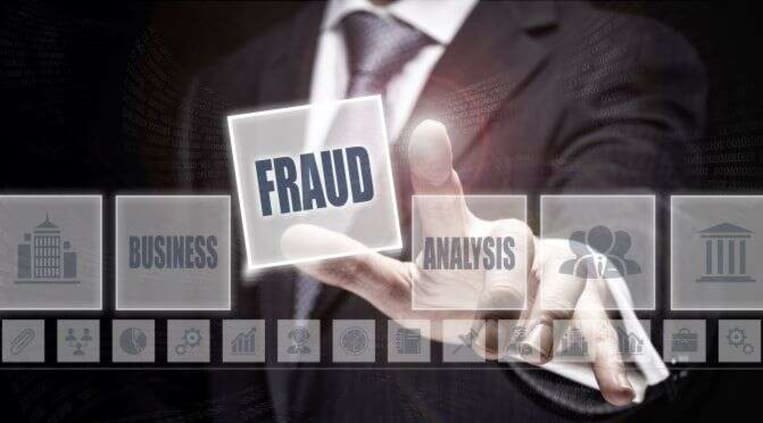
BBB Scam Alert: Be on the lookout for fake government grants

(Getty Images)
Wow! Free government money you never have to repay? If this sounds too good to be true, that’s because it’s the hook for a common con. This scam promises you free money in the form of a government grant. All you have to do is pay a fee.
How the scam works:
Scammers contact you through phone calls, emails, or posts on social media. No matter the medium, the message is similar: the government is awarding "free grants." You are told that your application is guaranteed to be accepted, and you will never have to repay the money. You can use the "grant" to pay bills, make repairs, or pay education costs.
When you reply to the ad or take the bait on the phone, the scammer claims to be a “government agent.” The con artist congratulates you on being eligible for the grant and asks for a one-time “processing fee.” Other fees will inevitably follow, and they may all seem very official. Whatever the story, one thing is certain; you will never see the money.
One person reported this experience to BBB Scam Tracker, "It was an FSP program they said to qualify for a government grant . The contact name was Olivia Ava but I didn't talk to anybody. Phone number 254-363-0274.They want your name, address, occupation, and how much you make a month. They said I qualified for $13,000 but I had to send them $500 for filing and send cash app or FedEx. I declined the offer and they stopped texting me on WhatsApp. "
Tips to spot this scam:
- Free money doesn’t come easy. Scammers would have you believe that government grants are there for the taking. In reality, obtaining a government grant is an involved process, and one where the grant seeker pursues the funds, not the other way around. If someone is actively soliciting you to give you money, that’s a red flag that you are dealing with an imposter.
- Do not pay any money for a "free" government grant. If you have to pay money to claim a "free" government grant, it is not really free. A real government agency will not ask you to pay an advanced processing fee. The only official list of all U.S. federal grant-making agencies is www.grants.gov. For information regarding Canadian grants, contact the Financial Consumer Agency of Canada.
- Check for look-alikes. A caller may say he is from the “Federal Grants Administration” – which does not exist. Be sure to do your research and see if an agency or organization actually exists. Find contact info on your own and call them to be sure the person you’ve heard from is legitimate.
- Be careful with unsolicited calls asking for your banking information. Scammers will cold call, asking basic questions to see if you qualify for a grant, and then ask for your banking information saying they need to collect a one-time processing fee and directly deposit your money.
Learn how to Spot a Scam.
Learn more about government impostor scams.
To report a scam, go to BBB Scam Tracker.
To learn how to protect yourself, go to “10 Steps to Avoid Scams”.
Related News
Still Need Assistance?
Contact Your Local BBB
Your local Better Business Bureau can assist you with finding businesses you can trust. Start With Trust®.
Additional Resources
Let BBB help you resolve problems with a business
Research and report on scams and fraud using BBB Scam Tracker
Learn more about the value of BBB Accreditation


